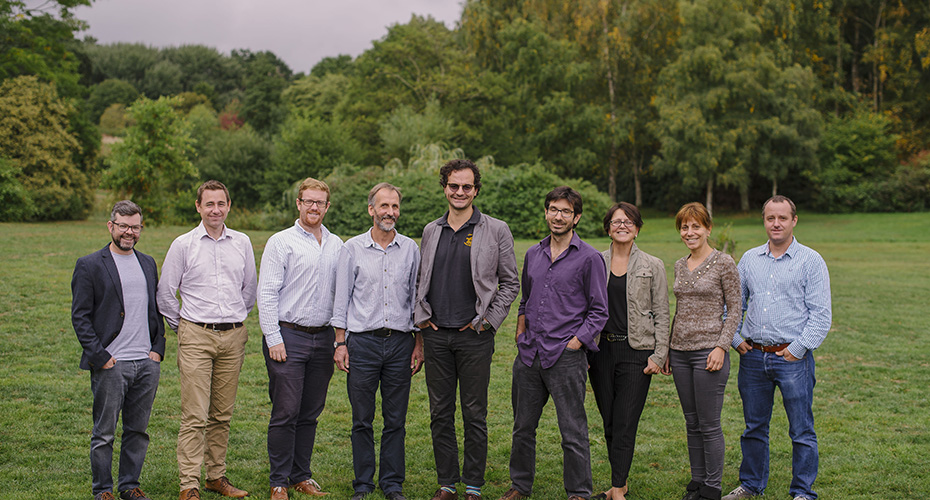Exeter Turing Fellows
Turing Fellows are established scholars with proven research excellence in data science, artificial intelligence, or a related field. They contribute to new ideas, drive collaborative projects, secure external funding and provide research expertise which is actively connected with the Institute and its network of universities and industry partners.
| Name | Research interests |
|---|---|
| Professor Aline Villavicencio | Lexical semantics, multilinguality, and cognitively motivated Natural Language Processing. Applications include investigating language acquisition and evolution in typical and clinical conditions, as well as developing language technology for multilingual and low resource scenarios, domain specific terminology, idiomatic and figurative language |
| Dr Chico Camargo | Data science, human behaviour, culture and society |
| Dr Ke Li | Computational/artificial intelligence, multi-objective optimization and decision-making, machine learning and statistical modelling of complex systems. Application areas include search-based software engineering, energy, biological science and medicine. |
| Dr Man Luo | Using innovative ML/AI systems and new methodologies to better understand the intricate spatial-temporal dynamics of urban environments. |
| Professor Peter Challenor | Uncertainty quantification including a range of applications from statistical analysis of complex numerical models, such as those used to simulate climate, or in healthcare or engineering, to the interpolation of noisy data |
| Dr Stefan Siegert | Applied statistics and data science, particularly the development of statistical and computational models for environmental statistics and forecasting using computer simulation models |




